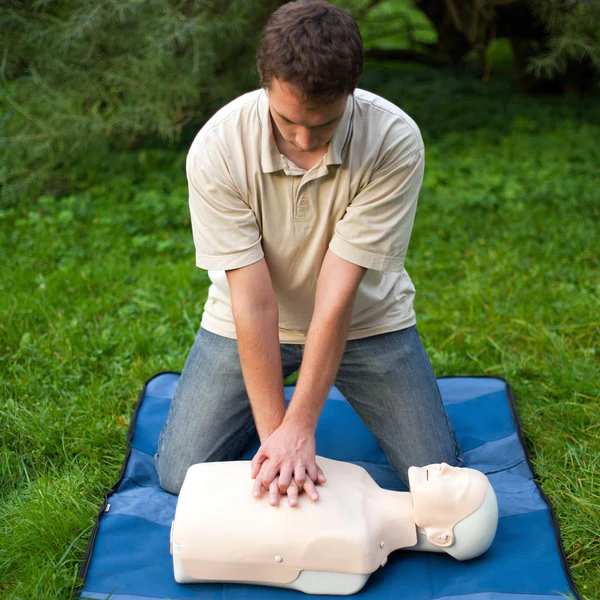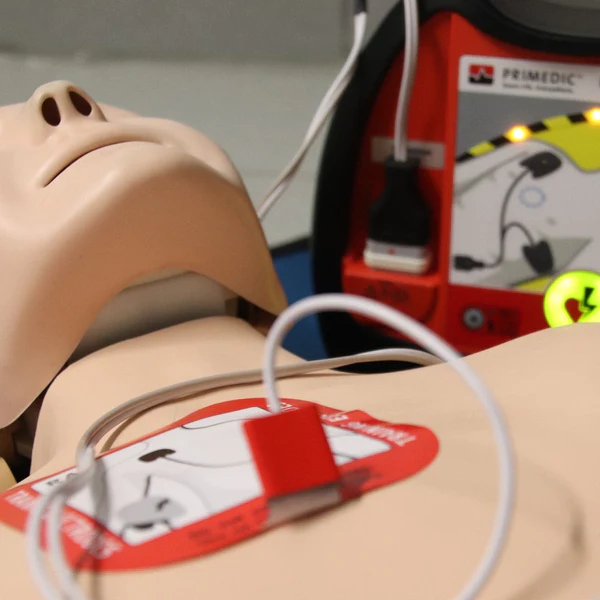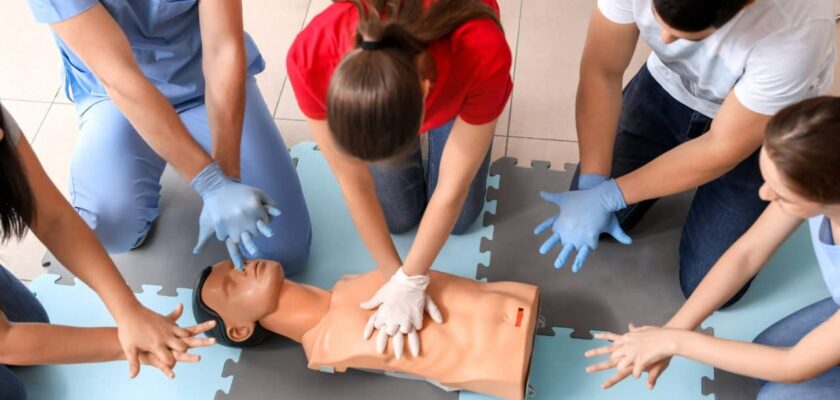When it comes to emergency situations, being equipped with the knowledge and skills of CPR (Cardiopulmonary Resuscitation) and First Aid can be the difference between life and death. Many individuals undergo training and certification in these crucial areas, but a common question arises: How long do these certifications really last? In this article, we will explore the validity of CPR and First Aid certifications and the importance of staying updated.
Certification Duration

MyCPR NOW offers CPR and First Aid certifications that are generally valid for a specific duration. The duration of MyCPR NOW certifications may vary based on the specific guidelines set by the program. It’s essential to refer to the provided materials or contact MyCPR NOW directly to understand the validity period of their certifications.
Changing Guidelines
The field of emergency medicine is constantly evolving, and guidelines for CPR and First Aid can change to reflect the latest research and best practices. Techniques that were considered standard a few years ago might be updated based on new studies and insights. Therefore, it’s essential for individuals to renew their certifications periodically to ensure they are up-to-date with the most current techniques and recommendations.
Retaining Skills
Aside from changes in guidelines, skills related to CPR and First Aid can deteriorate over time if not practiced regularly. The muscle memory required to perform effective chest compressions or administer proper first aid might fade, reducing the responder’s ability to provide timely and efficient care. Renewing certifications often involves hands-on training and practice, which helps individuals refresh their skills and boost their confidence in emergency situations.
Employer and Regulatory Requirements
For individuals in certain professions or industries, maintaining current CPR and First Aid certifications might be mandatory. Jobs that involve child care, healthcare, education, and public safety often require employees to hold valid certifications due to the potential for encountering emergencies. Additionally, regulatory bodies may enforce these requirements to ensure the safety and well-being of the people under their care.
Renewal Options
Renewal options provide a convenient and efficient way to keep CPR and First Aid certifications up to date. With the evolution of emergency medical guidelines, renewal courses, such as those offered by MyCPR NOW, offer a streamlined approach to refresh essential skills and knowledge. These concise refresher programs ensure that individuals maintain their ability to respond confidently and effectively in critical situations. By choosing renewal options, individuals can stay prepared, fulfill regulatory requirements, and contribute to the safety and well-being of their communities.
Conclusion

In the realm of CPR and First Aid, staying current is crucial. The certifications obtained in these areas are not indefinite, and the knowledge and skills they encompass must be periodically updated. As guidelines evolve and our understanding of emergency care deepens, it’s imperative to recognize that certifications have a limited lifespan. By renewing these certifications and staying informed about the latest techniques, individuals can ensure that they are well-prepared to respond effectively to emergencies and provide the best possible care to those in need.

